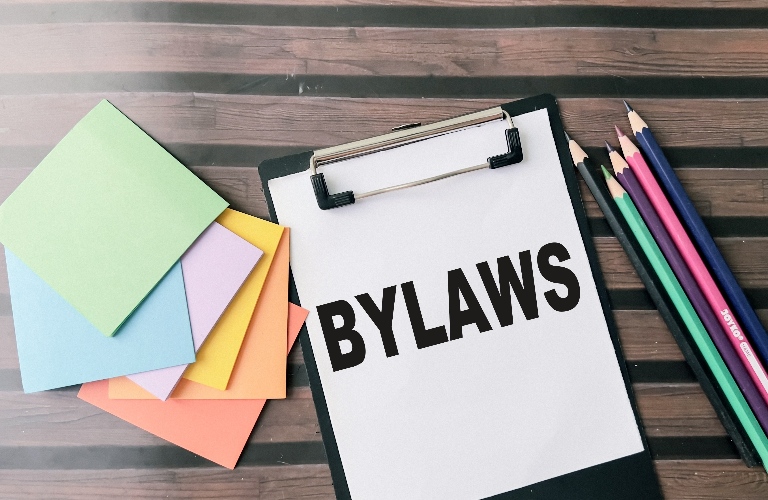
When you create a business the corporate structure that you decide upon dictates the way income is divided, taxes are paid, and some of the regulatory oversight your company must follow. You need more than a product or service to sell–it’s critical to know which reports to file and licenses to hold.
A qualified business attorney, one who is educated about state and federal tax laws as well as the industry regulatory compliance regulations, will set you on the right path of record-keeping and reporting. The choices you make in creating your business will impact its performance and profitability in the future.
Documents that Establish the Structure of Your Organization
Operating agreements and bylaws are documents that are very important to businesses that are larger than a sole proprietorship. Business entities rely on frameworks created by these documents in order to function. Knowing what operating agreements and bylaws do, which are required for your company, and how to comply with their requirements, is essential to business success.
Both operating agreements and bylaws are internal business documents that are not filed with the federal government or the state of Florida yet can be legally binding. They are important foundational aspects of your business’s structure, and as such should be adopted and recorded officially, with copies kept in your files. Check them against your business’s articles of organization or incorporation to ensure there’s no conflict.
Operating agreements are internal contracts that govern member relationships for the operation of businesses. In the absence of operating agreements, the state’s default definition is used (see the Florida Revised Limited Liability Company Act).
They are:
- Used by limited liability companies (LLCs).
- Created as the business gets established.
- Can be enforced legally even if they have not been filed.
- Usually required by lenders to establish leadership/responsibility roles and structural stability of a business.
An operating agreement covers:
- How profits and losses are allocated.
- Who owns the business and what their ownership shares represent (percentages of ownership).
- Voting rules (governance).
- Investor protections.
- How ownership interests can be bought or sold.
- How transitions are handled (if a manager or owner leaves the business).
Bylaws are:
- Required under Florida’s laws for corporations. (Established by the Florida Business Corporation Act.)
- Tailored to your company to control the actions of directors, officers, and shareholders.
- Created by businesses that are corporations.
- Adopted by the board of directors.
- Complementary to shareholder agreements.
Bylaws explain:

- Who within the company can sign loans or has access to cash or payment systems.
- What happens in the event of a dispute, such as amendment procedures, dispute resolution through mediation/arbitration, and buyout mechanisms to minimize litigation risk.
- Basic functions like quorum rules, officer powers, meeting procedures, and indemnification clauses for directors and officers.
Investors and subsequent partners will seek out these documents when deciding whether to join the company. Spelling out capital contribution and distribution rules, dispute resolution, and amendment/termination procedures in the corporate structure and operating procedures provides a glimpse into the way your business is structured and run.
When a Business Attorney Can Help
If your business has a clear governance structure documented in its bylaws and operating agreement, it’s a strong indicator to investors and lenders that the company is well-run and worthy of their trust. An experienced business attorney from WKFK Law can tailor the necessary documents to your needs, advising you along the way on the exact verbiage of the content. When your operating agreement is written by an attorney it overrides the state’s default laws and is legally airtight, and an attorney will construct bylaws that work with the operating agreement. If you are establishing a business, consult with a professional from WKFK Law today for guidance and the peace of mind that comes from knowing the work will be done right.


